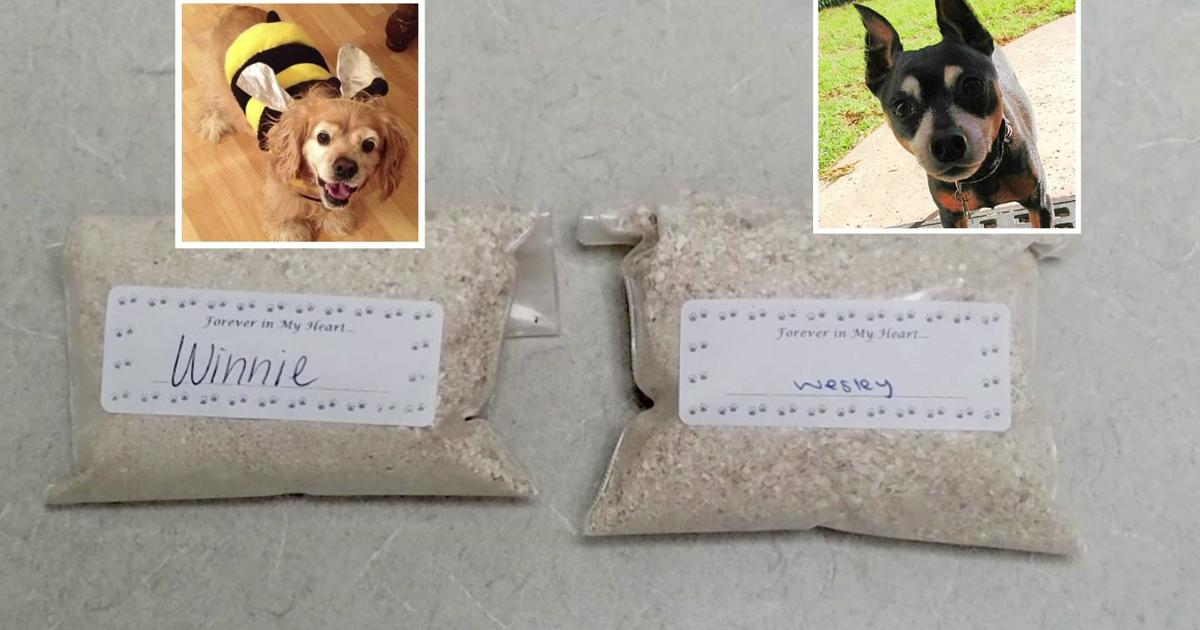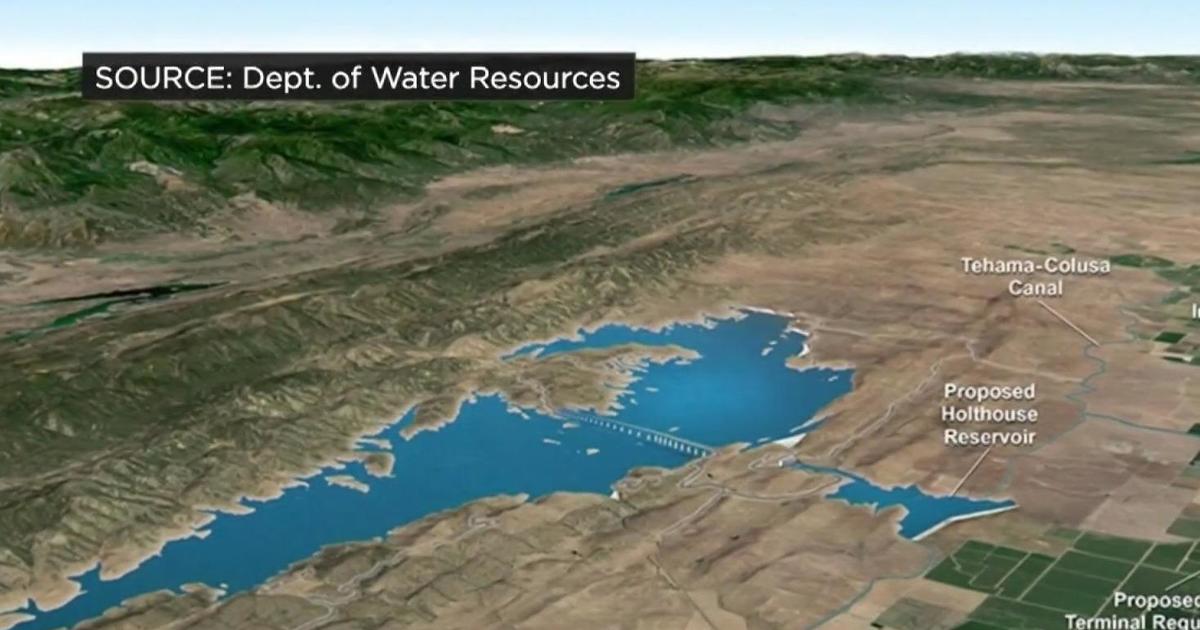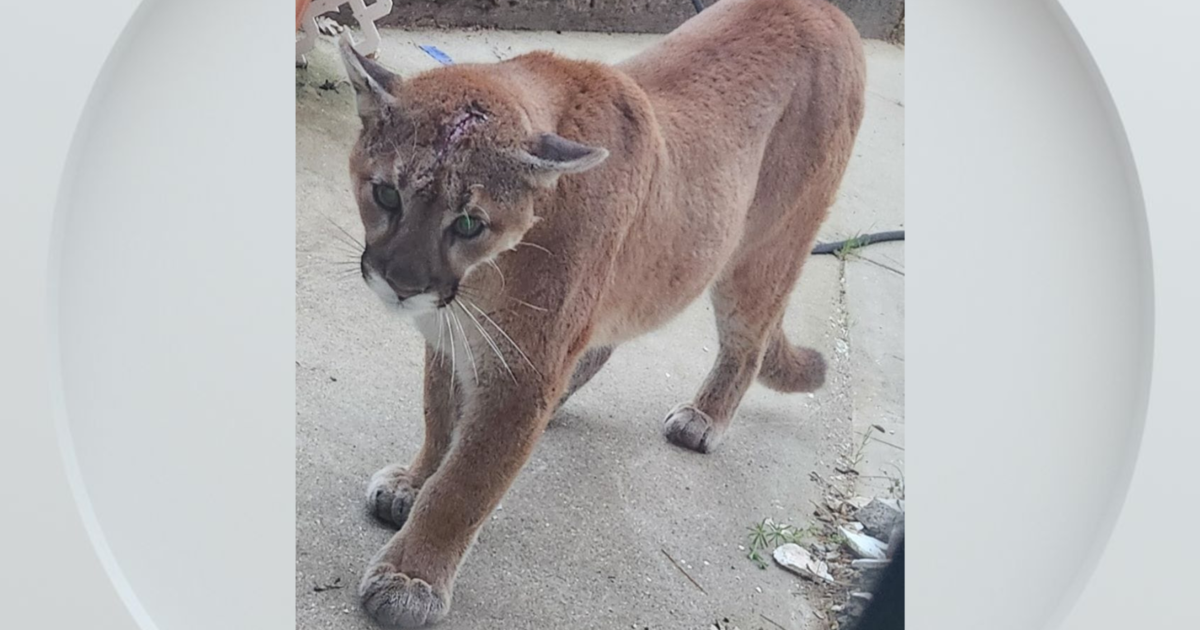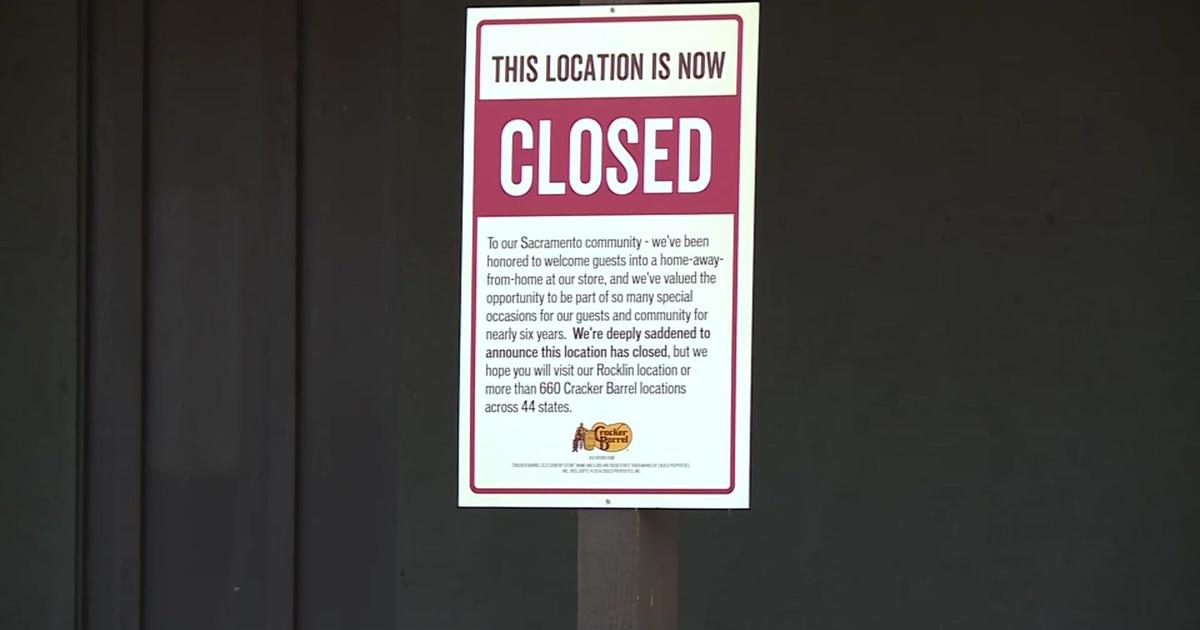Call Kurtis: How Long Are Banks Required To Keep My Records?
Wendy Stratton is trying to fetch her money.
"At minimum, I want to at least get my $2,000 back," says Wendy.
While getting her Ph.D in Utah back in 1999, Wendy invested in two certificates of deposit, each worth $1,000 from Wells Fargo.
"I just figured it was a long-term investment and I had some extra funds," says Wendy.
She filed them away and when she moved to California eight years later ... "I came across these CDs. I completely forgot I had purchased them," says Wendy.
When she went to her Wells Fargo branch in Stockton to cash them out, she says the bank couldn't find them.
"They had no records that these CDs ever existed, they had no records that I had purchased them," says Wendy.
She says they told her corporate had since upgraded its computers system-wide.
So how long do banks have to hold onto records?
The law says between five and seven years, depending on your state. In Utah, it's actually six.
That's why the Better Business Bureau's Gary Almond says you have to keep good records.
"They should review these things every year. Know where they are, keep them in a file where they can find them," says Almond.
We contacted Wells Fargo. In an email, they tell us:
"After much research we have found that Ms. Stratton does not have certificates of deposit with Wells Fargo. Unfortunately, our records indicate that Ms. Stratton closed her certificates of deposit 10 years ago."
Wendy insists that never happened.
She has since filed a complaint with the Office of the Comptroller of the Currency, which oversees national banks.
"I'm a bit frustrated with them being that this was, as a grad student, it was a long-term investment for me. It was a lot of money (for me), it still is a lot of money," says Wendy.
She can also complain to the FDIC, which can pay her out if the bank is at fault.
Each state has an unclaimed property program.
If you don't touch your money for a certain amount of years, it's supposed to go to the state where it's held for you.
Wendy says she checked with the state of Utah and was told they don't have her money.



